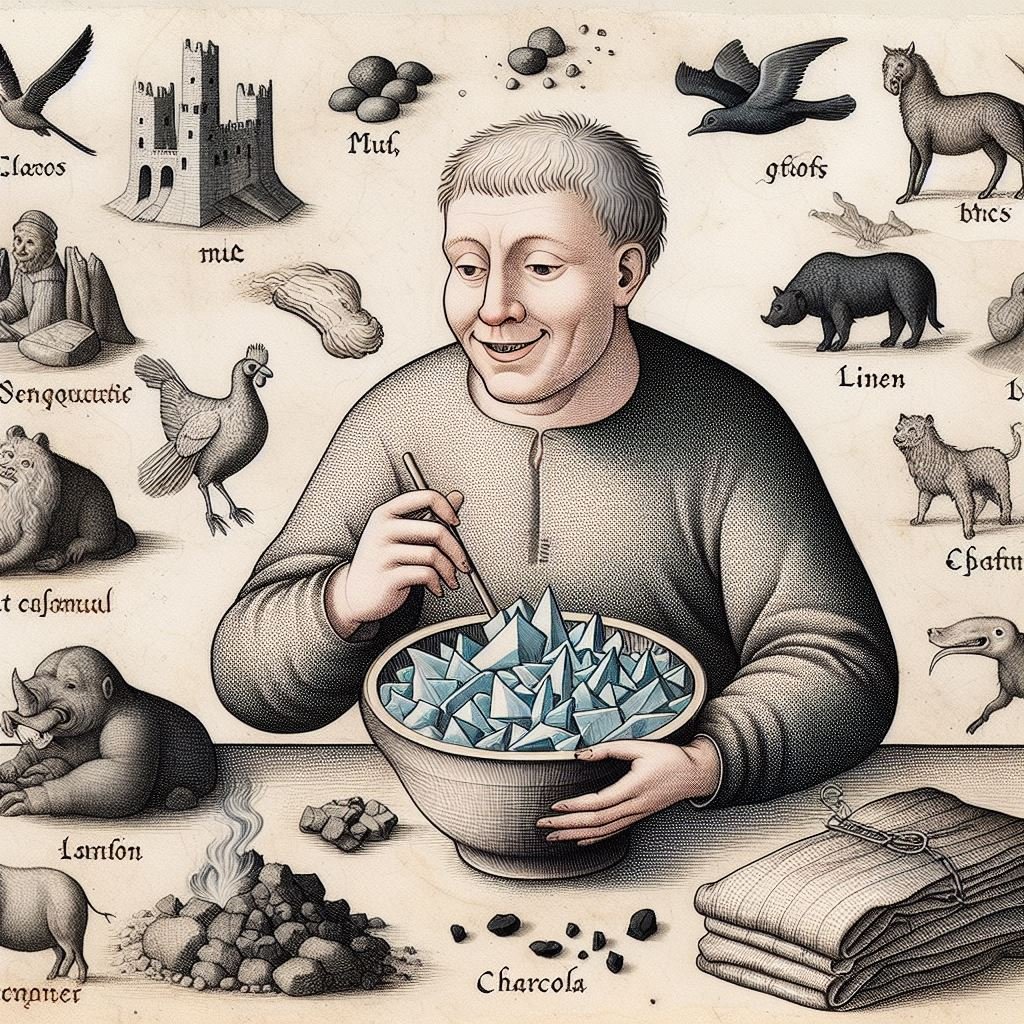
Anatomical Cat Irving
I interview the brilliant anatomical Cat Irving, a human remains conservator at Surgeon’s Hall in Edinburgh.

Stepping out: sisters reflect on closing their iconic Sydney shoe store
Ever since sisters Kit and Renata announced they are closing down their iconic Sydney CBD shoe store, customers have been flooding in, some bereft, some sad but all with stories about the many beautiful pairs of shoes they have bought over the years.

My great-great-great-great-great-great-great-great-great-great grandfather
William Clowes was an Elizabethan surgeon who wrote about surgery, bear-baiting fights and fights he had with blood-letters.

Anatomical and beautiful
The 19th century anatomist, artist and surgeon Joseph Maclise’s anatomical subjects are often very beautiful men.

A 200-year-old anatomical problem
In 2010, an anatomical study of the body organs of a wax figure at La Specola and worked out how she died.

Shrunken heads at Surfers Paradise
As exotic tales persist over their origins as war trophies, these shrunken heads at Surfers Paradise are a reminder of the fine line between cultural heritage and controversial exhibit.


Lazaro the glass-eater
When Realdo Colombo dissected the man who could eat anything, what anatomical mysteries did he find? He published his findings in “On Things Anatomical” in 1559.

Brain anatomy
When researching my book, I was surprised to learn how mysterious and alluring human brain anatomy and brain structure was to anatomists, surgeons and students.

Forensic scientists study death's timeline
I have long believed that forensic scientists could effortlessly determine the time of death from a decomposing body, and that anthropology forensic science experts, dealing with skeletons in ancient tombs, could confidently pinpoint the century of death. The reality is more fraught.

Fraser paints with his eyes
In May 2022, Fraser Holden was given a devastating diagnosis. He was told he had motor neurone disease (MND), a fatal neurological condition where motor nerves in the spine and brain slowly lose function. There is no cure and sufferers eventually can no longer move or speak. It is a cruel condition.

Why books have chapters
Did you know the reason books have sections is actually because of anatomy? According to the historian Richard Sugg, the idea of cutting up, analysing and methodically dissecting a topic in fact comes from anatomical dissection, first spilling into popular culture around the late 1500s.